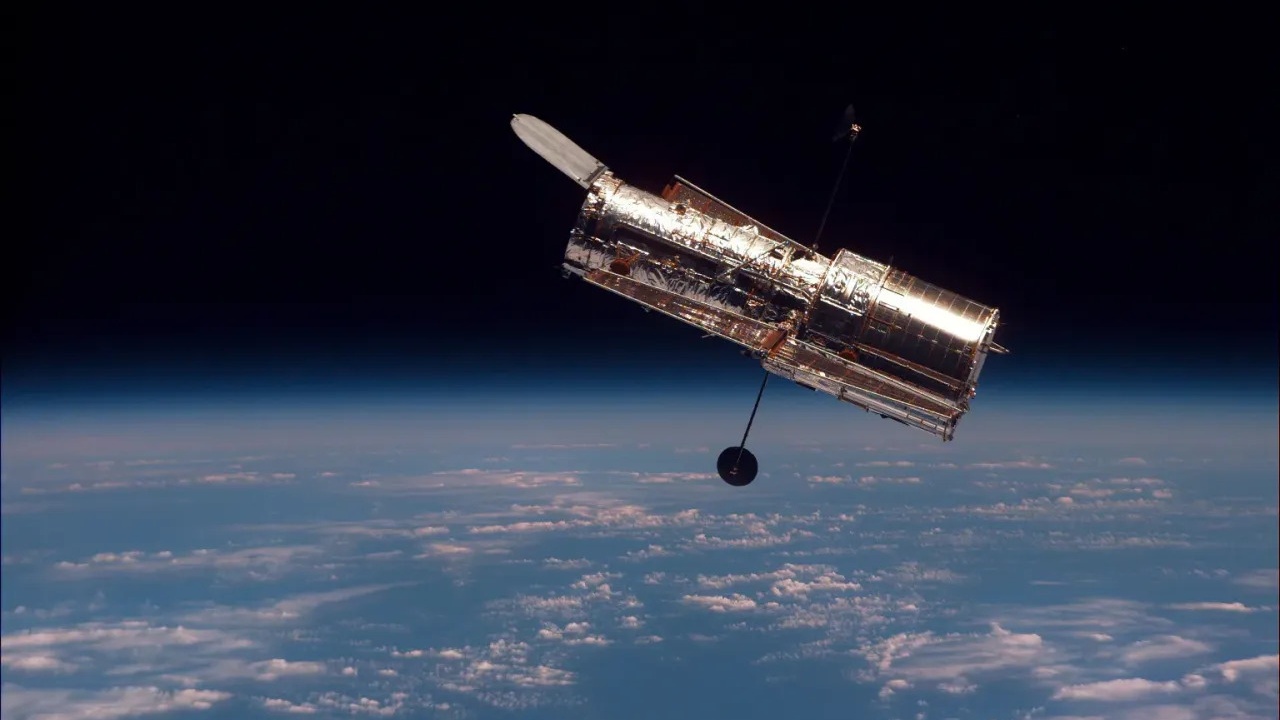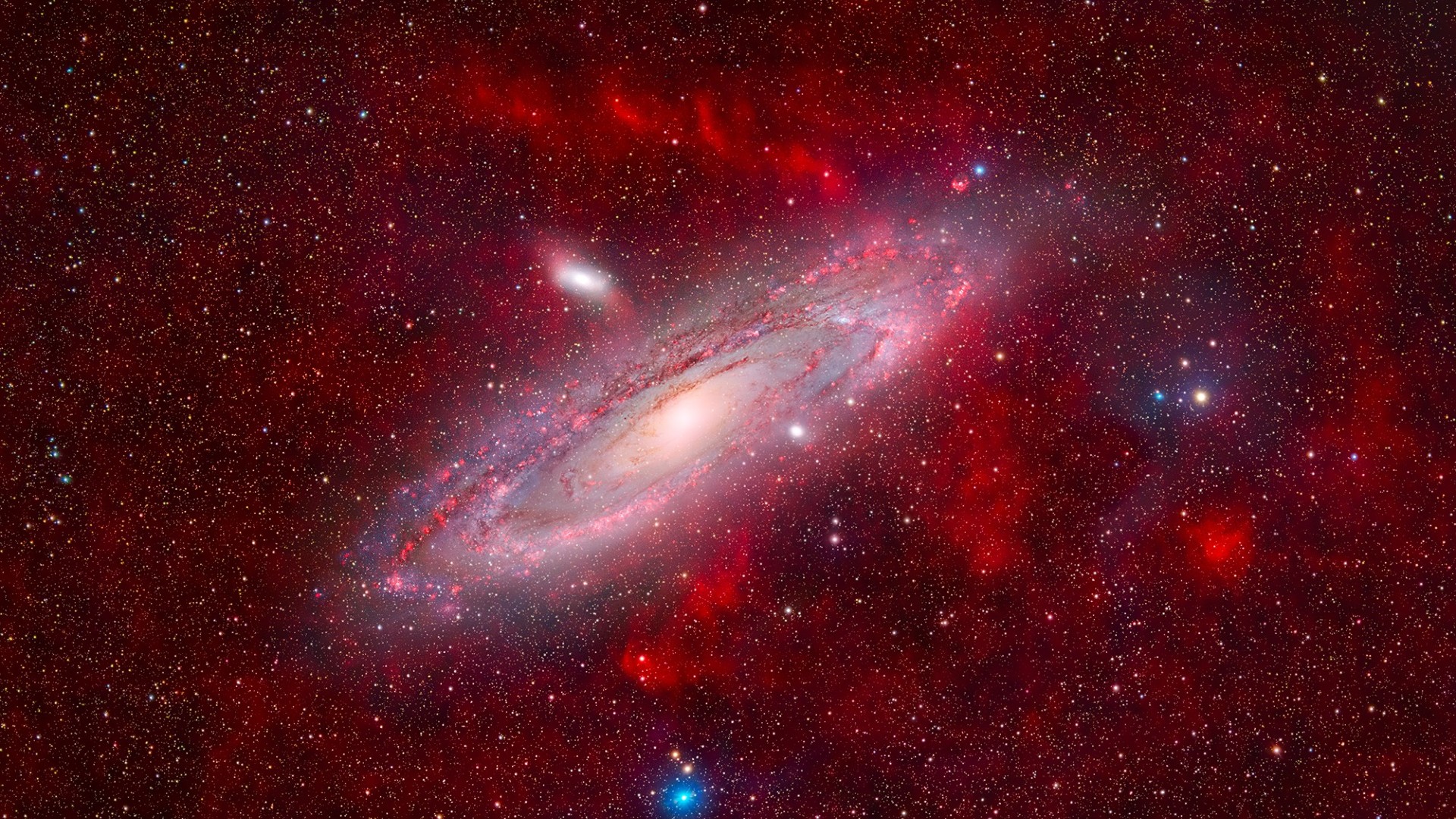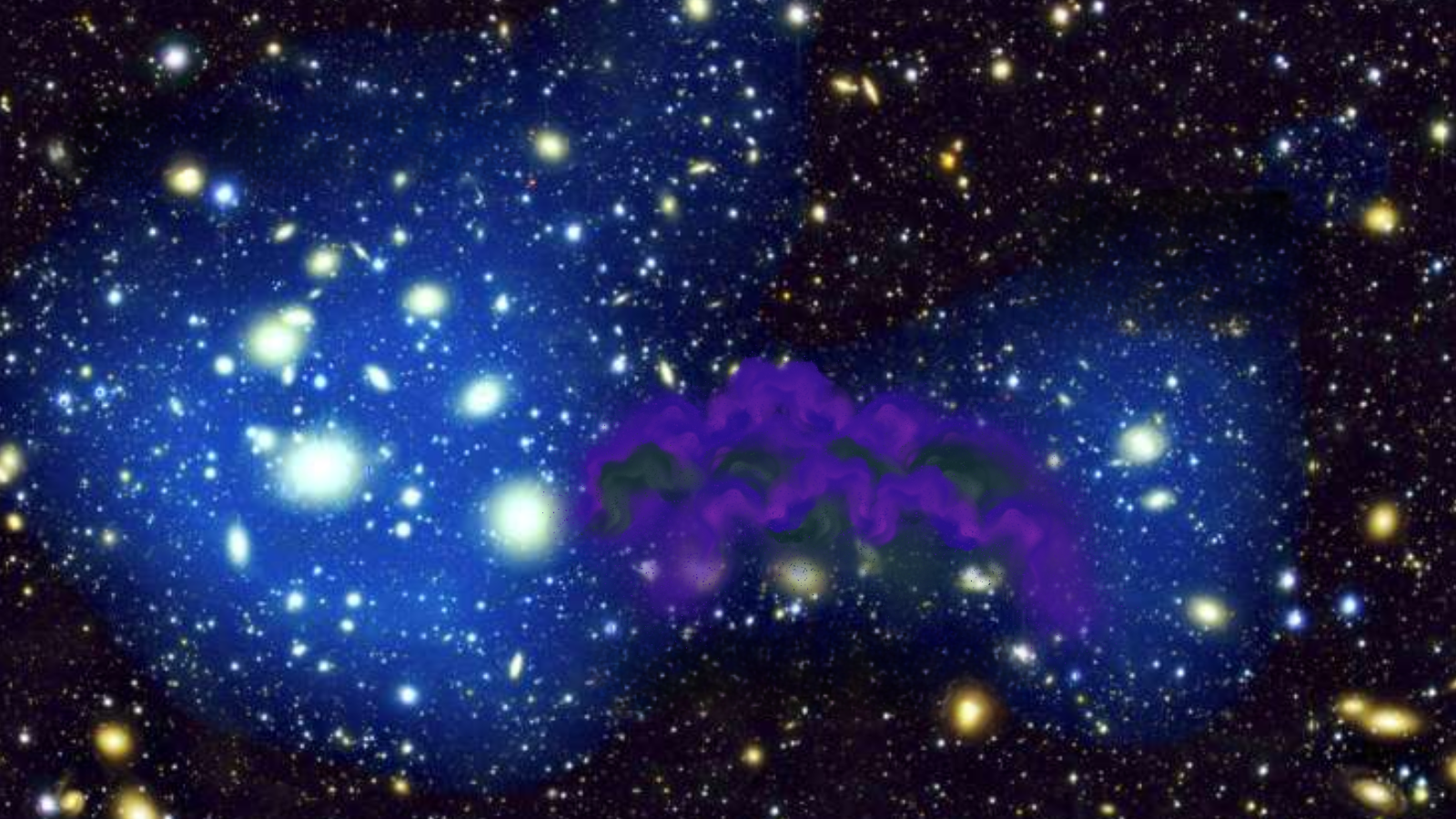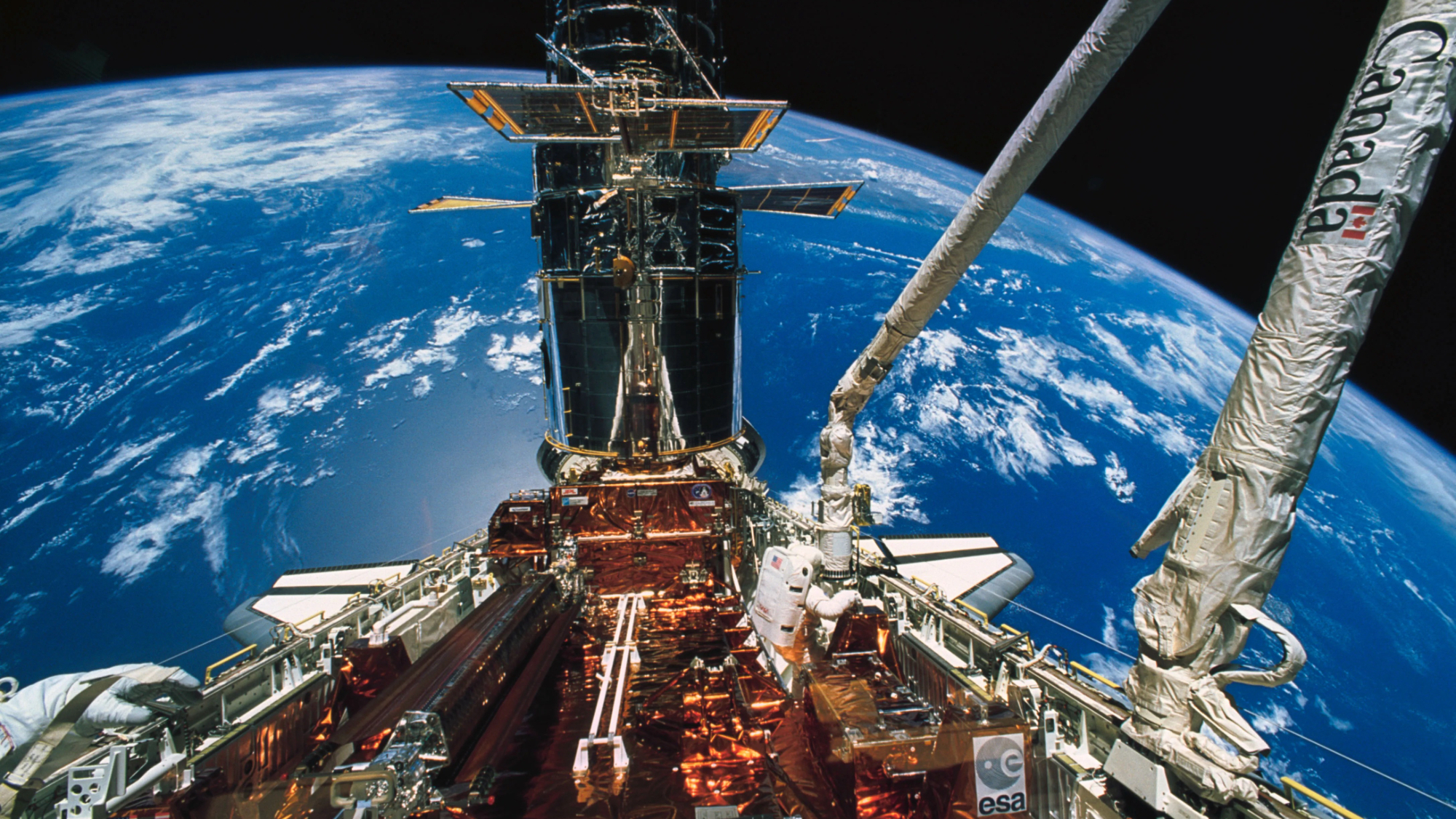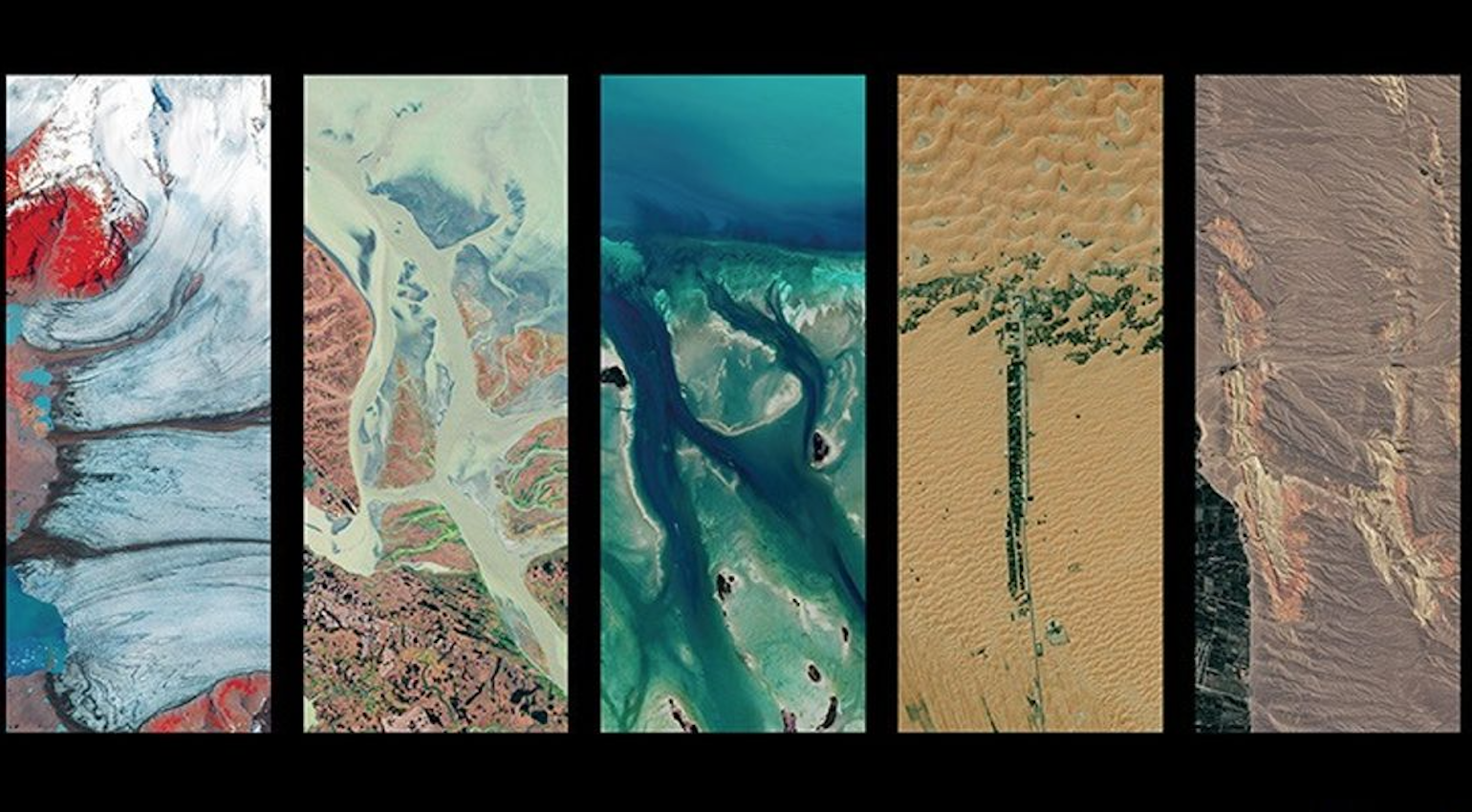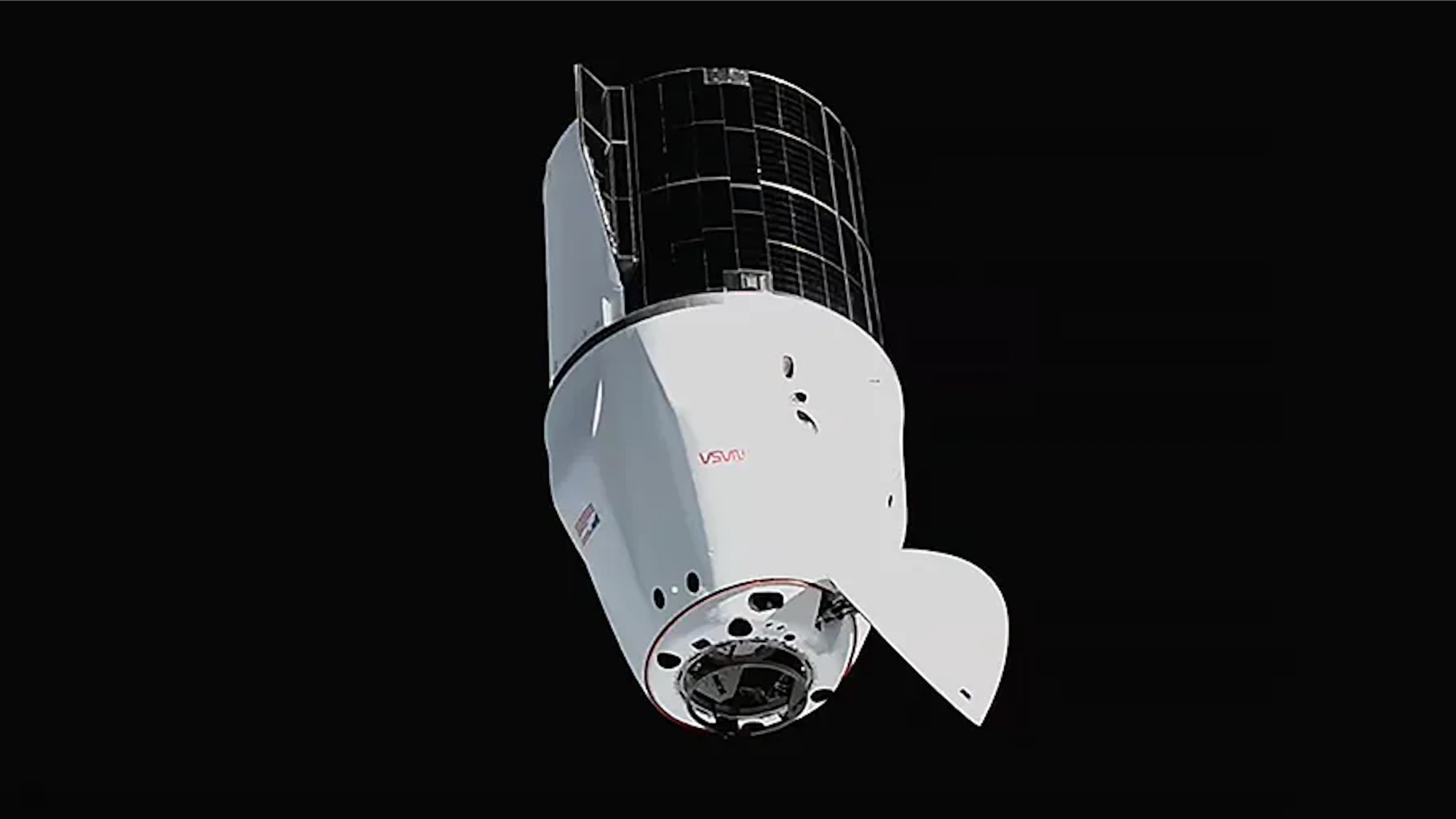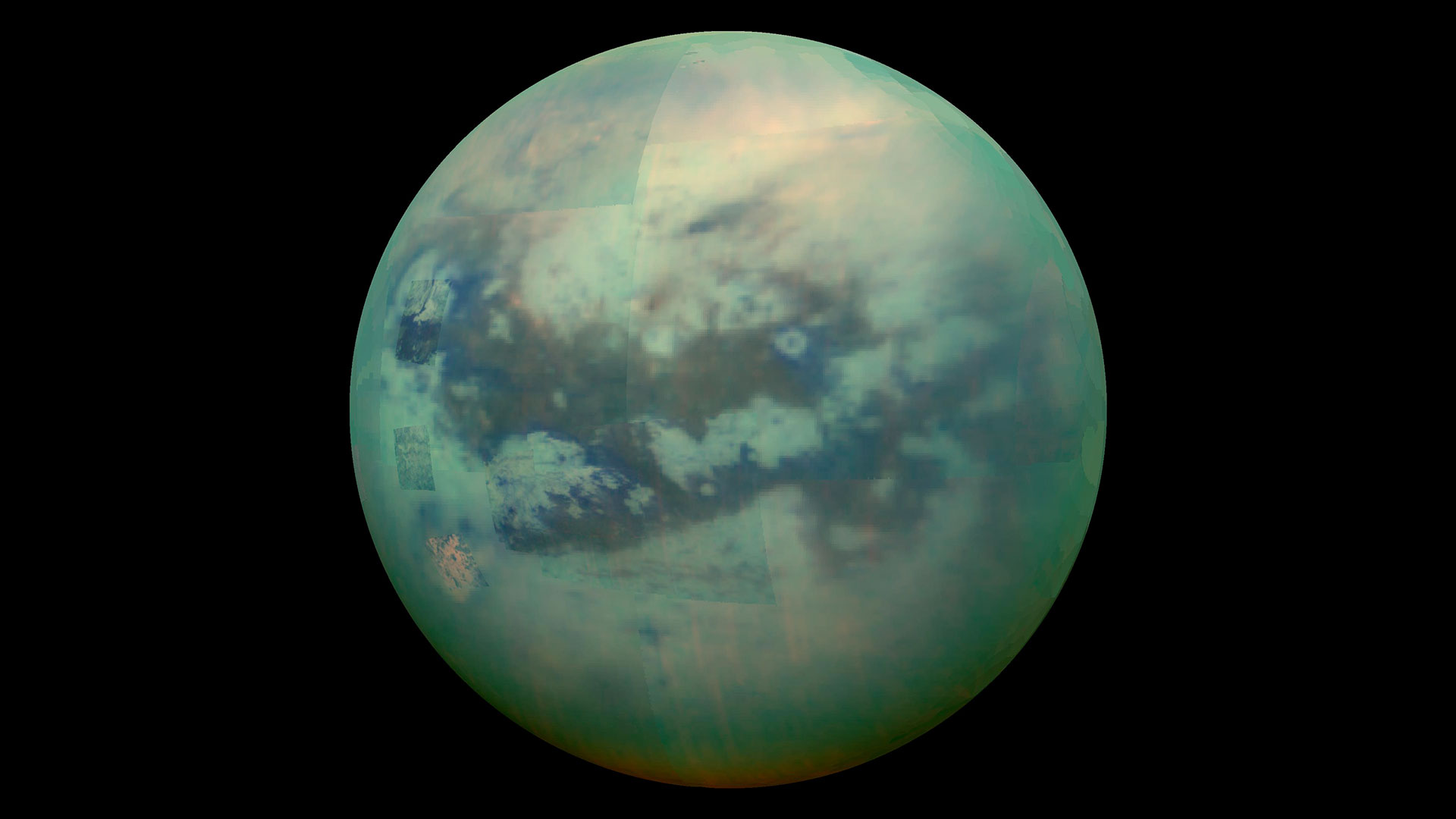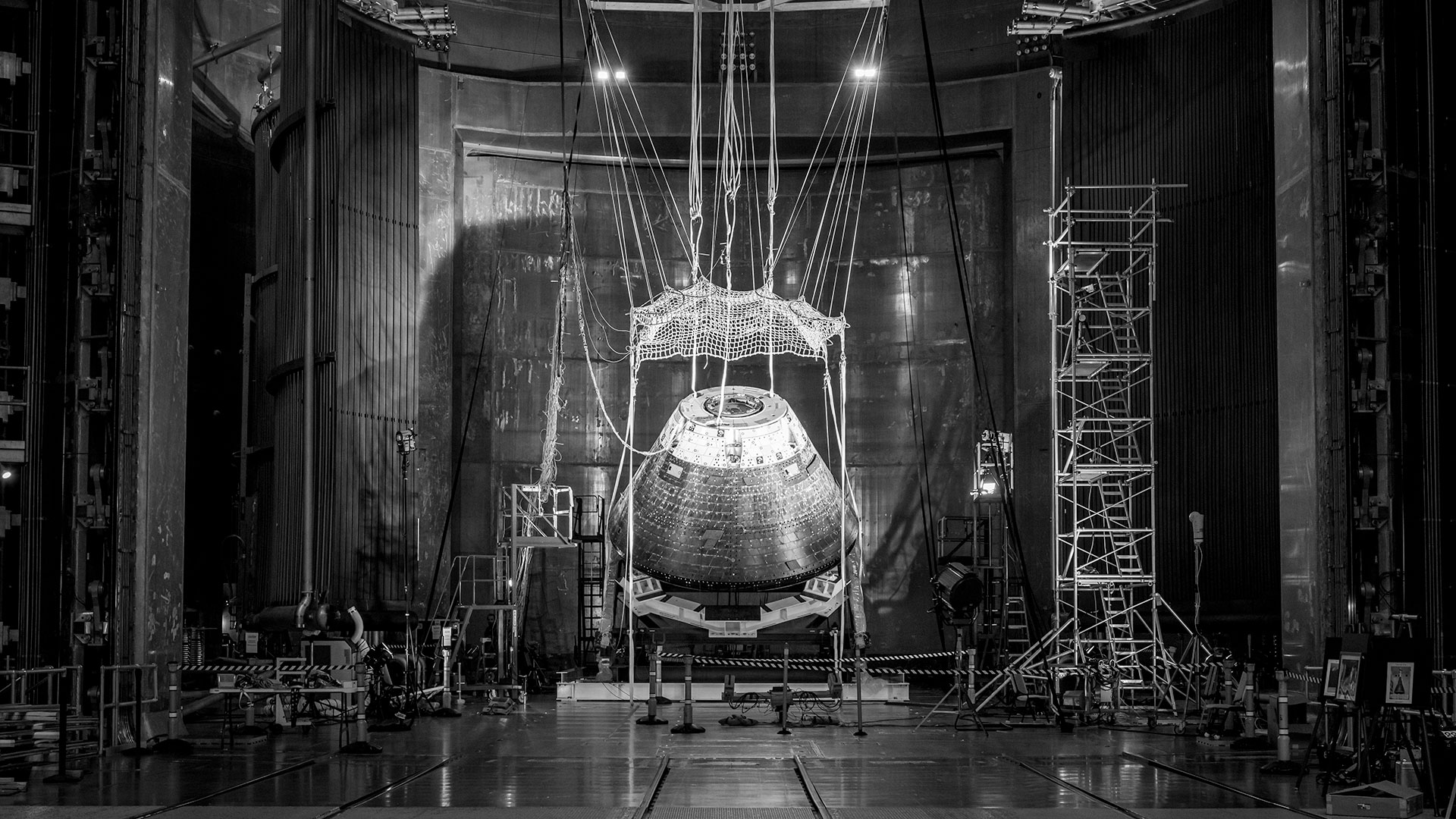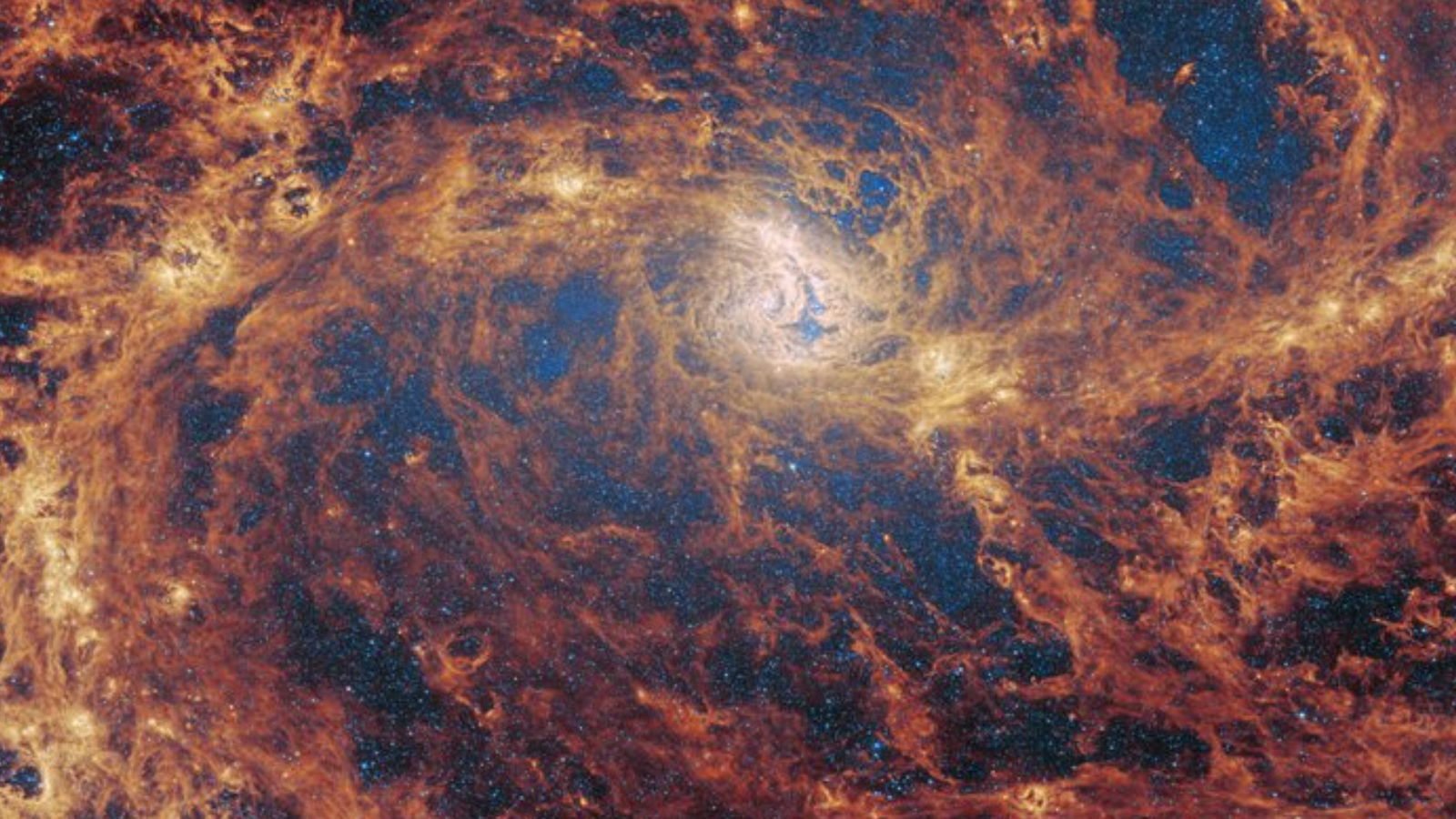Moon's Water May Be Bad News For Lunar Telescopes
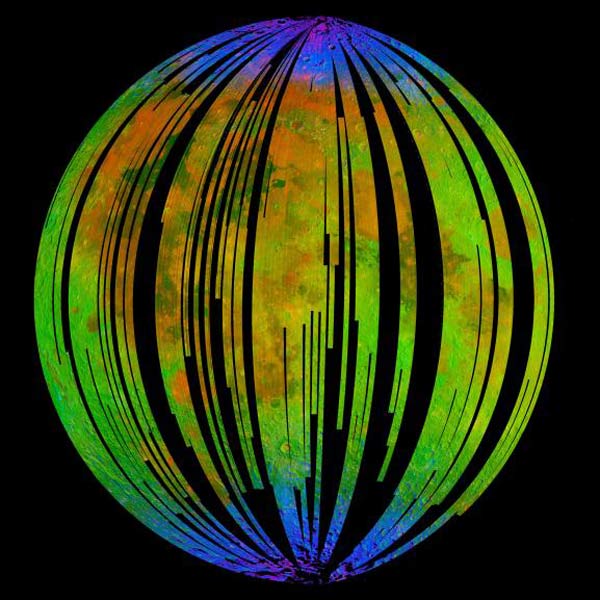
The presenceof water on the moon may be a boon for future manned bases, but new research suggestsit might also put a major crimp in plans for ambitious telescopes on the lunarsurface.
As the moleculesof moonwater vaporize insunlight, the scattering process could heavily distort observations taken by anytelescopes built on the moon in the future, the new study found.
"Lastyear, scientists discovered a fine dew of water covering the moon," said astronomerZhao Hua, a scientist with the Chinese Academy of Sciences. "This watervaporizes in sunlight and is then broken down by ultraviolet radiation, forminghydrogen and hydroxyl molecules."
The researchers found that those lunarhydroxyl molecules may be present in substantially more quantities thatpreviously thought ? levels high enough to pose an interference orcontamination risk to any telescopes on the moon's surface.
The researchwill presented Tuesday (Sept. 21) at the European Planetary Science Congress inRome, Italy.
Telescopeson the moon
The moon'spotential as a site for building astronomical observatories has been a conceptdiscussed since the Space Race between the United States and former SovietUnion to send humans to the lunar surface. [Gallery:Future Moon Bases]
Get the Space.com Newsletter
Breaking space news, the latest updates on rocket launches, skywatching events and more!
A lunar-basedtelescope could have several advantages over ground-based telescopes on Earth,including a cloudless sky and low seismic activity, researchers said.
Initially,scientists thought the moon's surface was bone dry. But that all changed in 2009when observations by several spacecraft from NASA, Japan and India returned definitiveproof of the chemical signature for water, as well as water ice at the moon's poles.
Millions of tons of water ice have been discovered in permanently shadowedcraters at the moon's north pole. One probe found water ice hidden in cratersat the lunar south pole, while other observations found that water molecules werepresent in small quantities on the moon's surface.
About oneton of the top layer of the lunar surface would hold about 32 ounces of water,researchers said at the time. The findings have been encouraging for spaceofficials hoping to tap the moon water resource for future manned missions, butits impact for other lunar science efforts is just beginning to be understood.
Near-termmissions affected, too
The researchalso has important implications for the upcoming lunar missions, includingChina's unmanned Chang'e 3 moon lander mission, which is currently scheduled tolaunch in 2013.
The landeris expected to operate on the moon's sunlit surface and be equipped with asolar-powered ultraviolet telescope. China's second lunar probe, Chang'e 2, isdue to launch later this year.
"Atcertain ultraviolet wavelengths, hydroxyl molecules cause a particular kind ofscattering where photons are absorbed and rapidly re-emitted," Zhao said."Our calculations suggest that this scattering will contaminateobservations by sunlit telescopes."
Still, thefar side of the moon could be an ideal site for radio astronomy, theresearchers said.
With itsface pointed away from Earth, the moon's far side is permanently shielded againstinterference from our planet, and radio observations ? unlike opticaltelescopes ? would not be affected by the higher lunar hydroxyl levels, theyadded.
- 10Coolest New Moon Discoveries
- Poll:Where Should Humans Land on the Moon Next?
- Video - Water on the Moon: Hydrogen,Oxygen and Energy
Join our Space Forums to keep talking space on the latest missions, night sky and more! And if you have a news tip, correction or comment, let us know at: community@space.com.

Denise Chow is a former Space.com staff writer who then worked as assistant managing editor at Live Science before moving to NBC News as a science reporter, where she focuses on general science and climate change. She spent two years with Space.com, writing about rocket launches and covering NASA's final three space shuttle missions, before joining the Live Science team in 2013. A Canadian transplant, Denise has a bachelor's degree from the University of Toronto, and a master's degree in journalism from New York University. At NBC News, Denise covers general science and climate change.
